On March 20th. around 100 stakeholders and missionaires of the cultural creative sectors met upon invitation by Intergroup on Cultural Creative Industries, and leaded by MEP Dr. Christian Ehler and MEP Pervenche Berés, for a High-Level-Conference in the European Parliament. The main objective was to give answer to: What support does the CCS need from the European Union in the next framework period 2021-2027?
The conference started with a dramatic surprise – the night before the TRILOG negotiations of the European Parliament, the European Commission and the Member States agreement on the structure and priorities of the next EU Framework Programme for Research and Innovation, Horizon Europe.
Dr. Christian Ehler
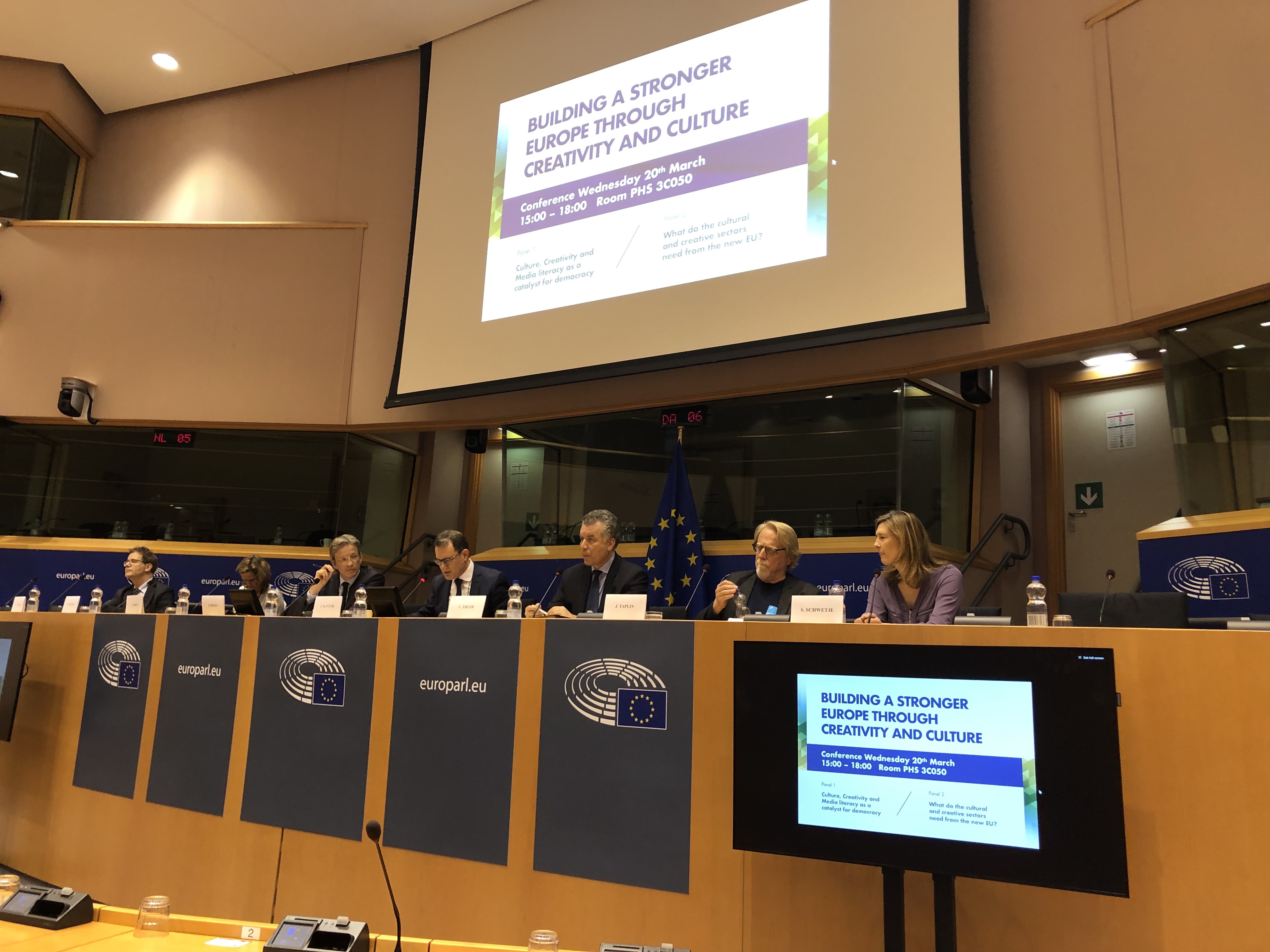 Dr. Christian Ehler: “The Cultural Creative Industries are now recognized as an industry by the European Institutions – along with health; security; digital, industry and space; energy, climate and mobility.”
Dr. Christian Ehler: “The Cultural Creative Industries are now recognized as an industry by the European Institutions – along with health; security; digital, industry and space; energy, climate and mobility.”
The Trilog negotations agreed to create a dedicated cluster on“Culture, creativity and inclusive society”. Find the full press release of the European Parliament here: https://bit.ly/2TYlWQ1
Antonio Tajani and Dr. Christian Ehler
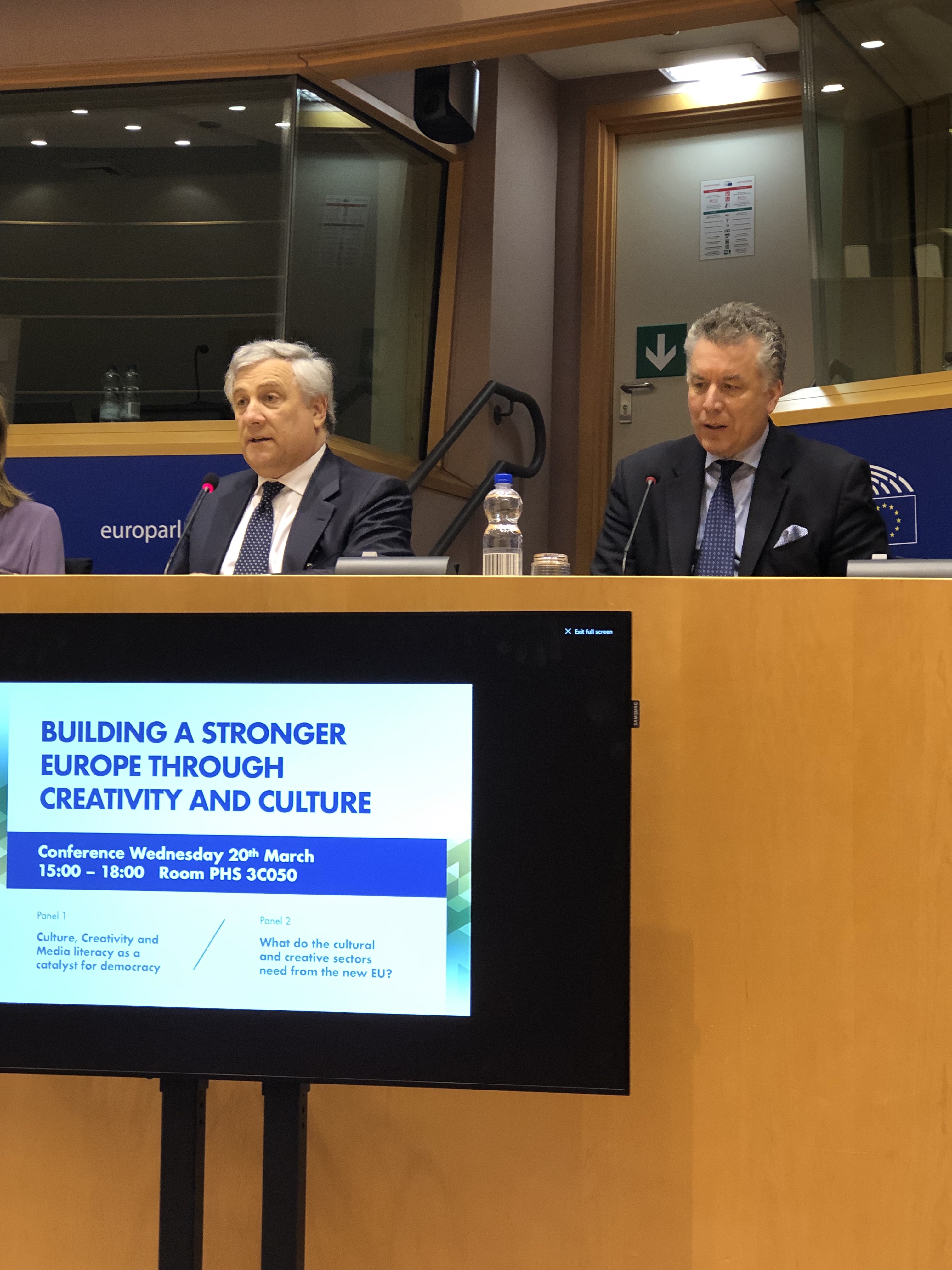 At the conference Bernd Fesel presented the vision and proposals of the European Creative Business Network for the next framework 2021-2027:
At the conference Bernd Fesel presented the vision and proposals of the European Creative Business Network for the next framework 2021-2027:
Where do we stand today ?
2007/2008 the Cultural and Creative Industries (CCI) were recognized for the first time as a top topic for the agenda of the European Union – initiated by the report “The Economy of Culture”, commissioned by DG Culture and Education. At first, funding and strategies for CCI entered the realm of culture funding and the programme “Creative Europe” was created. This followed an increase in funding from regional funds, and finally since 2016 thanks tot he Horizon 2020 programme for Research and Innovation calls. Not only a dedicated funding for research in an unprecedented height was enabled by Horizon 2020, but also by the Joint Research Centre with its Cultural Creative City Monitor. Most importantly, Calls for Cross-Innovations of Cultural and Creative Industries have started as well.
“These European developments of the last decade took the Cultural and Creative Industries to a new level – in the European dimension but also at regional and local levels” as Bernd Fesel, Director of ECBN, recognizes, but point to the big picture: “While opening the European programmes for CCI in a multitude of ways, the policies for growth, urban development, content and innovation for the Cultural Creative Industries stayed silo policies. As a result, the large potentials of the Cultural Creative Industries to contribute with cross-sectorinnovations and solutions to the main challenges of Europe ahead – such as climate change, youth unemployment and digital transformations – are not yet unleashed. That must be a top priority of the next EU Commission and European Parliament.”
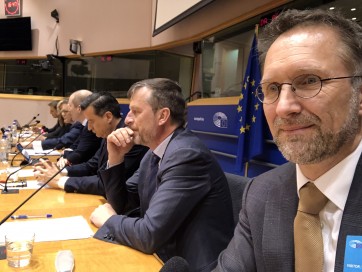 Where do we go ?
Where do we go ?
Go Cross must be the new Normal
To elevate the cross-innovation of CCI we need cross-governance structures and cross-sectorial programmes.
• that new funding for Artificial Intelligence or Smart City are not just open for AI developers, providers of Smart Technology Companies but for a museum, a theatre or book publishers
• that innovation schemes such as vouchers are structured cross-sectorial, that is: cloud provider or AI research institutes can receive innovations vouchers which must be spent in the cultural creative industries.
Helga Trüppel
 Outlook on the Top Agenda
Outlook on the Top Agenda
EP-President Antonio Tajana highlighted in his welcome speech the essential role of the Cultural Creative Industries for Europe, which leads him to conclude: “We must protect and nurture the Cultural and Creative Industries for the sake of Europe´s future.”
Christian Ehler concluded the conference with a call to the European Cultural Creative Sectors: “Policymakers have delivered in this legislative period of the European Parliament a new framework and a set of new tools to foster the Cultural Creative Industries as an industry and innovator to the major challenges of Europe. Now the challenge is up to the Cultural Creative stakeholders to step forward and act as an industry and put the tools to work!”
On the agenda for European policy makers 2021-2027 will be more frameworks to decide – beyond the current Copyright decisions. Also, Dr. Christian Ehler, has pointed to the necessity of new regulations on Transparency of Big Data and Algorithms, the Safe Harbor Principle and Anti-Trust regulation in the digital economy, especially the platform economy.
Plenum
Tamas Szucs


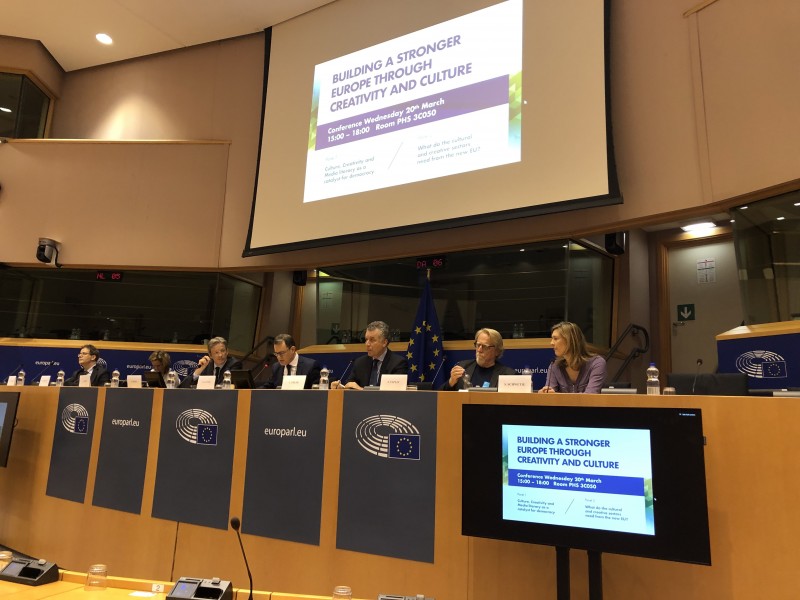
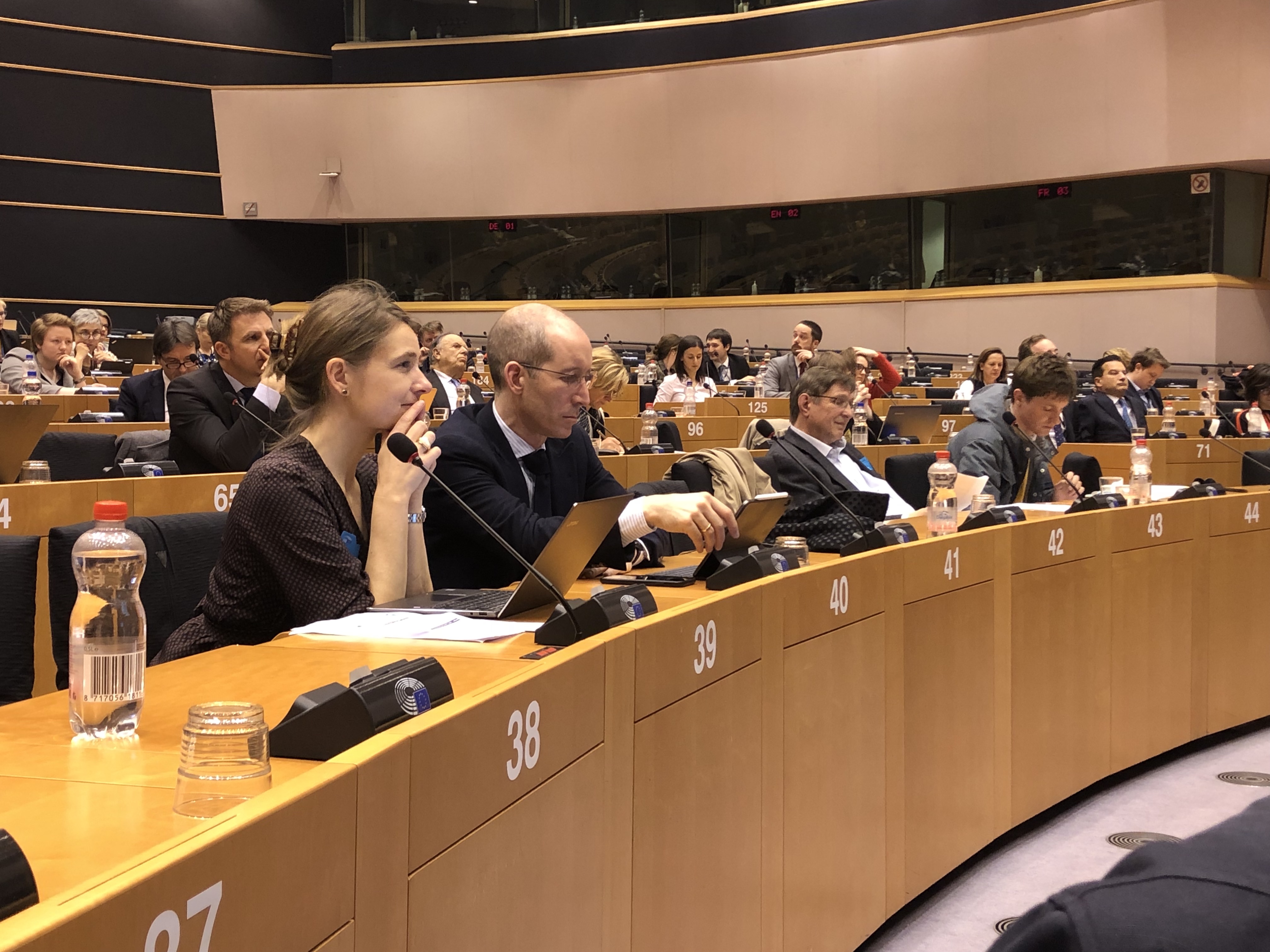
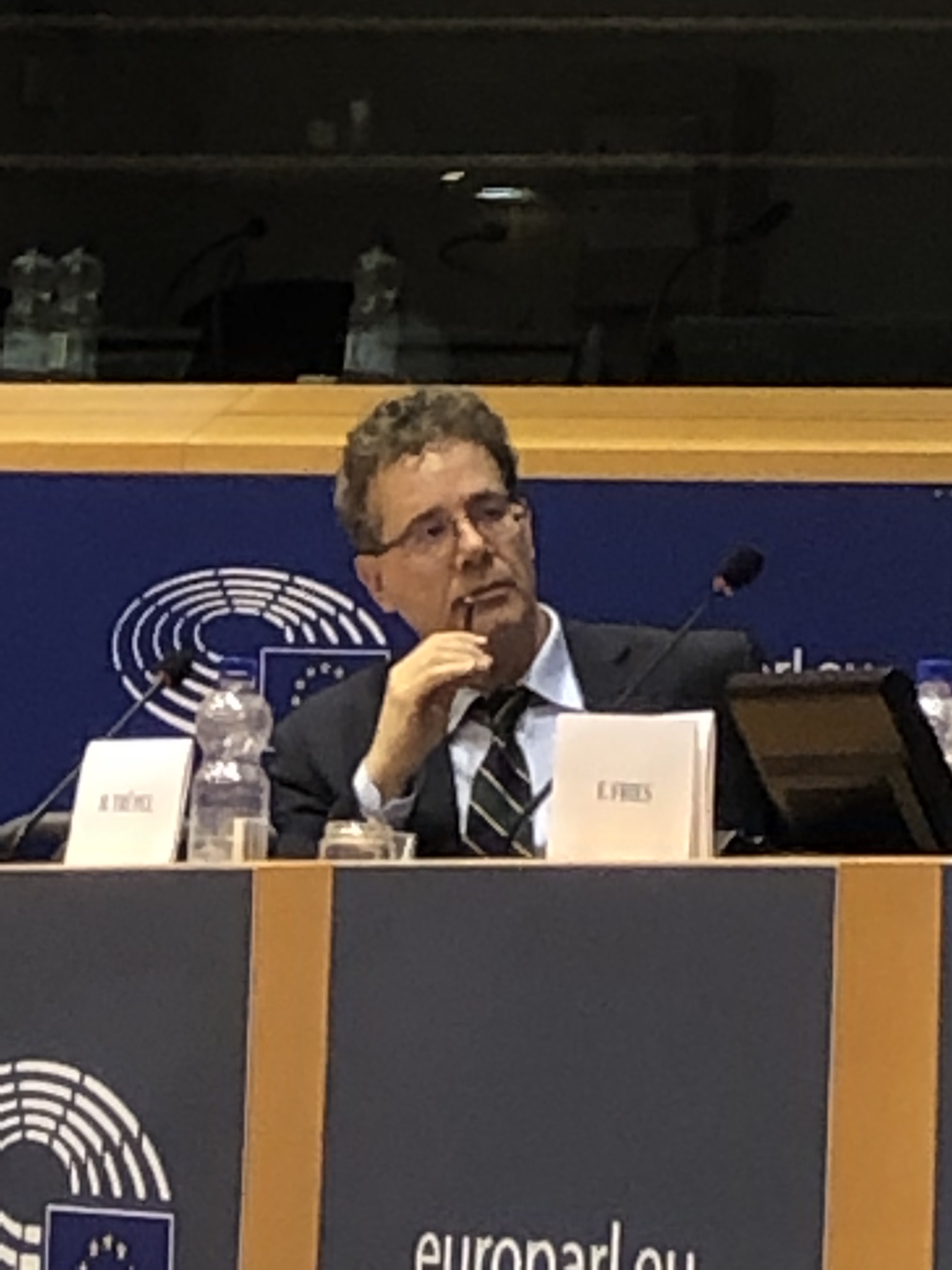
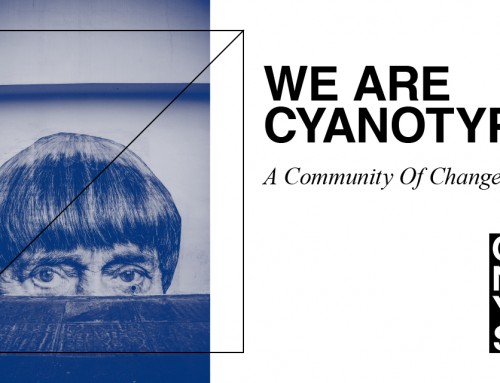
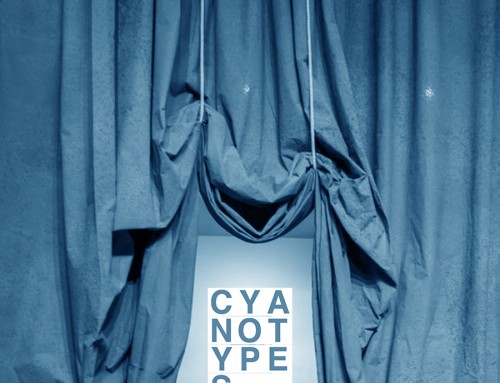
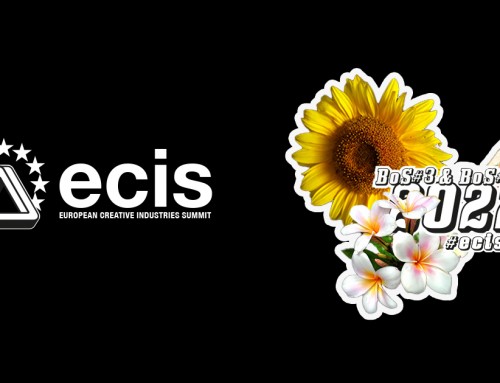
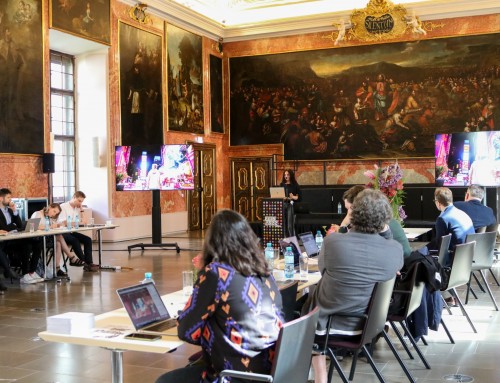
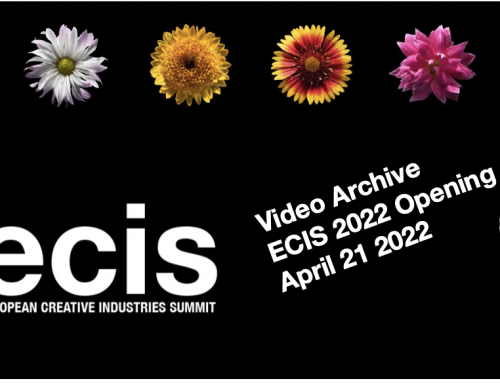
Leave A Comment